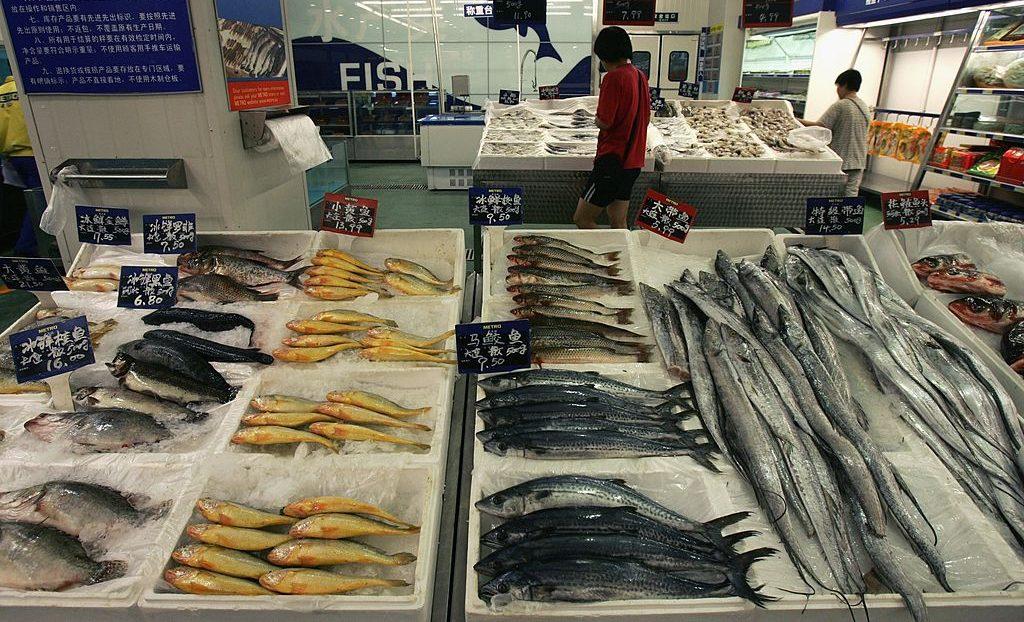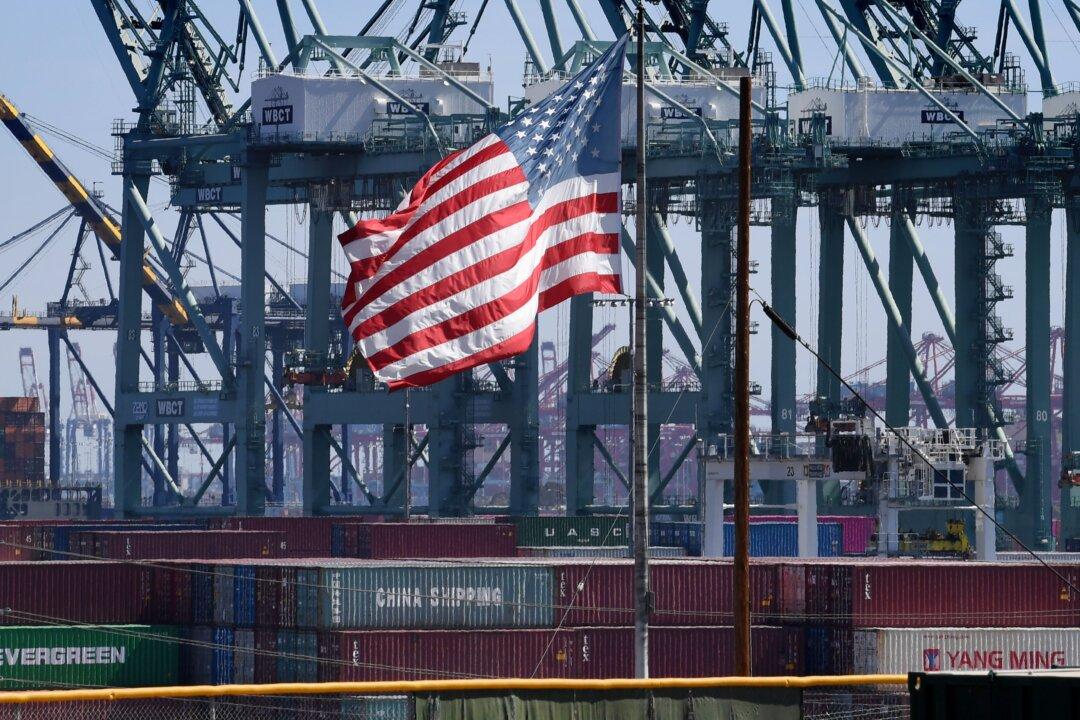An investigation found that North Koreans were being sent to fish processing plants in a Chinese border town to process fish exported to stores in the United States and other countries.
Aldi and Walmart were both identified as sellers of fish using North Korean labor, according to an investigation by The Associated Press. Under sanctions, the practice is illegal. The United States currently considers all forms of North Korean labor slave labor. North Korea takes up to 70 percent of the wages its workers make abroad, and uses the money to prop up the regime and its $1 billion nuclear weapons program. Plants in Hunchun were found using North Korean workers.





